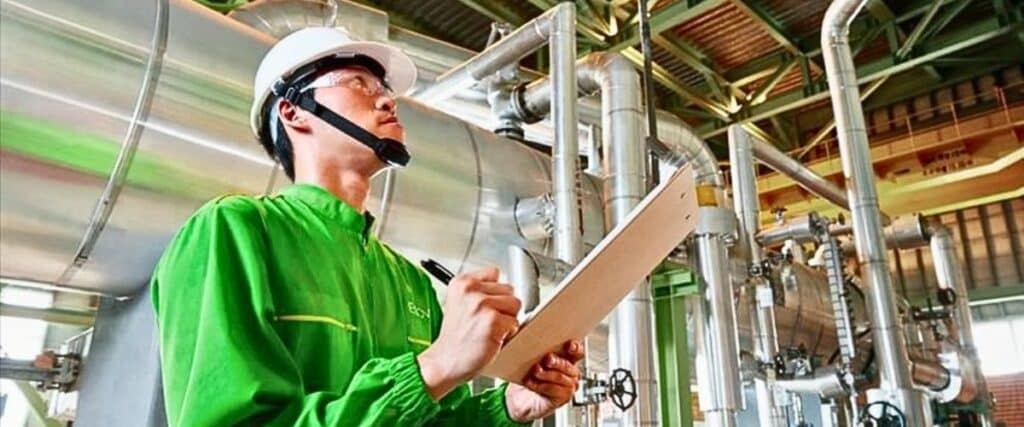Advancing the frontiers of nuclear fusion, Alpha Ring, a pioneering Taiwanese startup has propelled the development of electron-catalysed fusion, setting a new course for harnessing clean and efficient energy solutions.
A Taiwanese startup, Alpha Ring, is revolutionising nuclear fusion technology, sparking enthusiasm for the potential of clean, efficient energy solutions. The company has crafted an energy ecosystem with their pioneering electron-catalysed fusion approach, diverging from conventional fusion methods.
Unlike conventional high-temperature, high-pressure fusion techniques, Alpha Ring employed electrons to induce nuclear fusion between hydrogen and boron. This process maintained lower temperatures of 1,000-2,000 degrees Celsius and produced negligible radiation, a breakthrough known as aneutronic fusion.
With its rich industrial landscape, the company aims to establish a fusion energy ecosystem in collaboration with various sectors in Taiwan. This goal aligns with a recent McKinsey report that underlined the pivotal role of ecosystems in expediting fusion energy’s commercialisation.
Alpha Ring’s journey began over a decade ago, pioneered by Alfred Wong. Venture firm WI Harper Group invested in 2017, bringing aboard esteemed plasma physics experts. Alpha Ring’s Micro Fusion Reactor (MFR) stood out, producing energy gains that surpassed input.
The COO of Alpha Ring, Steve Hwang, noted that net energy gains of up to 80%, positioning the company favourably for commercialisation.

While Alpha Ring’s technology was in the proof-of-concept phase, Huang anticipated materialised commercialisation within 3-5 years. Collaborations with Taiwanese energy and power supply firms were underway, aiming to create an industrial cluster for widespread clean energy distribution. The startup also plans to manufacture ion-beam fusion systems for educational purposes.
With labs in California and Taiwan, Alpha Ring continues to grow propelled by Taiwan’s robust supply chains, envisioning applications in generating green steam and decentralised energy sources. Their MFR technology, driven by H2 and Boron, also offers potential for scalable arrays. However, energy management remains a challenge, necessitating artificial intelligence (AI) and Internet of Things (IoT) integration for reliable monitoring.
McKinsey’s report suggested fusion energy could cover over 20% of Europe’s energy needs by 2050 if costs remain competitive. Alpha Ring’s cost-effective advantage has accelerated its go-to-market strategy, propelling it to the forefront of the fusion energy race.
Featured banner image credit: aa.com.tr
Related Articles
Taiwan’s Ubiik Acquires New Zealand-Based Mimomax Wireless
Taiwanese RetailTech Startup Rosetta AI Lands US$2.2M
Taiwan’s WritePath Fast Tracks Financial Disclosure With AI-Tech Translation Solution





